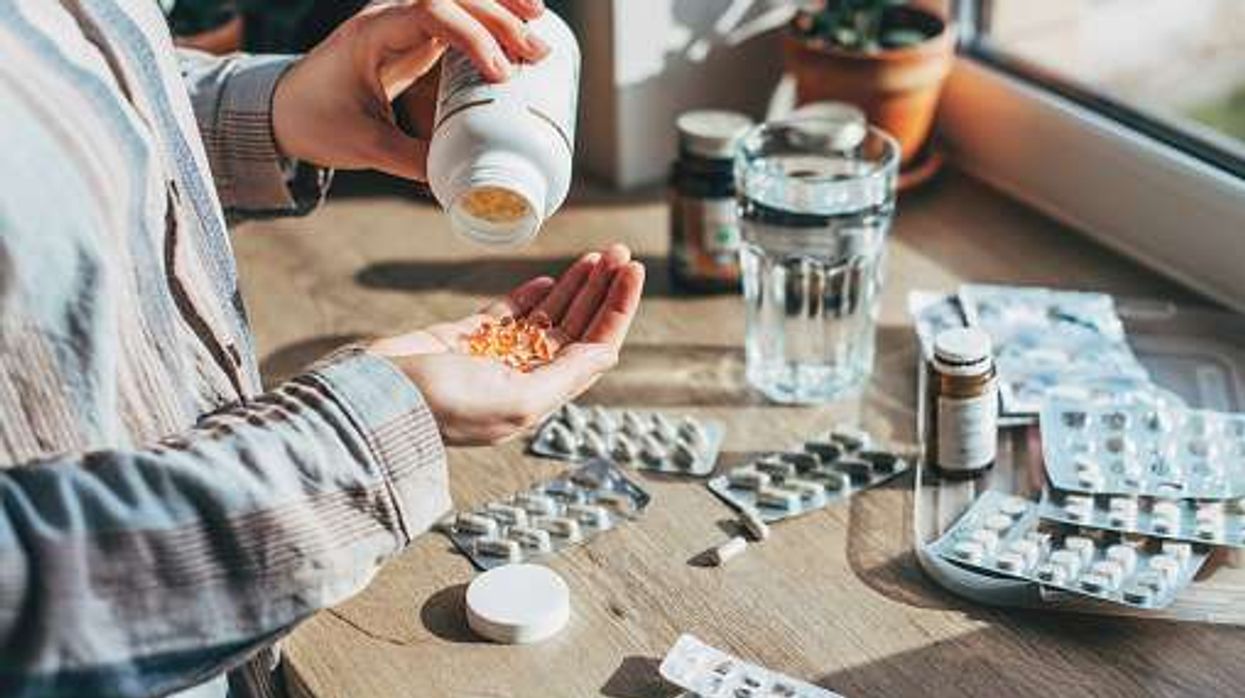The Medicines and Healthcare products Regulatory Agency (MHRA) has introduced new restrictions on the sale of stimulant laxatives to counter risks from overuse.
People who take stimulant laxatives for constipation will now be supplied in smaller packs, with on-pack overuse warnings.
The new packs will begin to appear in stores over the summer. Additional label warnings make clear that stimulant laxatives do not help with weight loss.
Dr Sarah Branch, director of MHRA’s vigilance and risk management of medicines division, said: "Stimulant laxatives can provide short-term relief to some people with occasional constipation, and most people use these medicines safely. However, there is evidence of misuse by people with eating disorders, and of long-term use by the elderly, as well as inappropriate use in children."
The regulator added that the long overuse of stimulant laxatives (including products containing bisacodyl, senna or sodium picosulfate) can result in damage to the digestive system.
Parents and carers can talk to a pharmacist about treatment of short-term constipation in children over 12.
However, they should seek advice from a prescriber such as their GP if the child is younger than 12 years or they are worried about their child’s health.
Commenting on the MHRA’s latest move, Sandra Gidley, president of Royal Pharmaceutical Society, said: “Misusing laxatives can have a serious impact on the health of patients and the new risk minimisation measures will improve patient safety. We’re pleased to have worked with the MHRA on new guidance for community pharmacists and their teams so they can give patients the best advice.
“As experts in medicines, pharmacists are well placed to help ensure patients do not overuse stimulant laxatives. If a patient has a question about different laxative products or are unsure about what they are currently taking, the pharmacy team will be able to help and signpost on if necessary.”
The new guidelines restrict the use of stimulant laxatives sold in retail outlets to patients over the age of 18. Pharmacists will be able to sell stimulant laxatives for use in children aged 12 and over.











